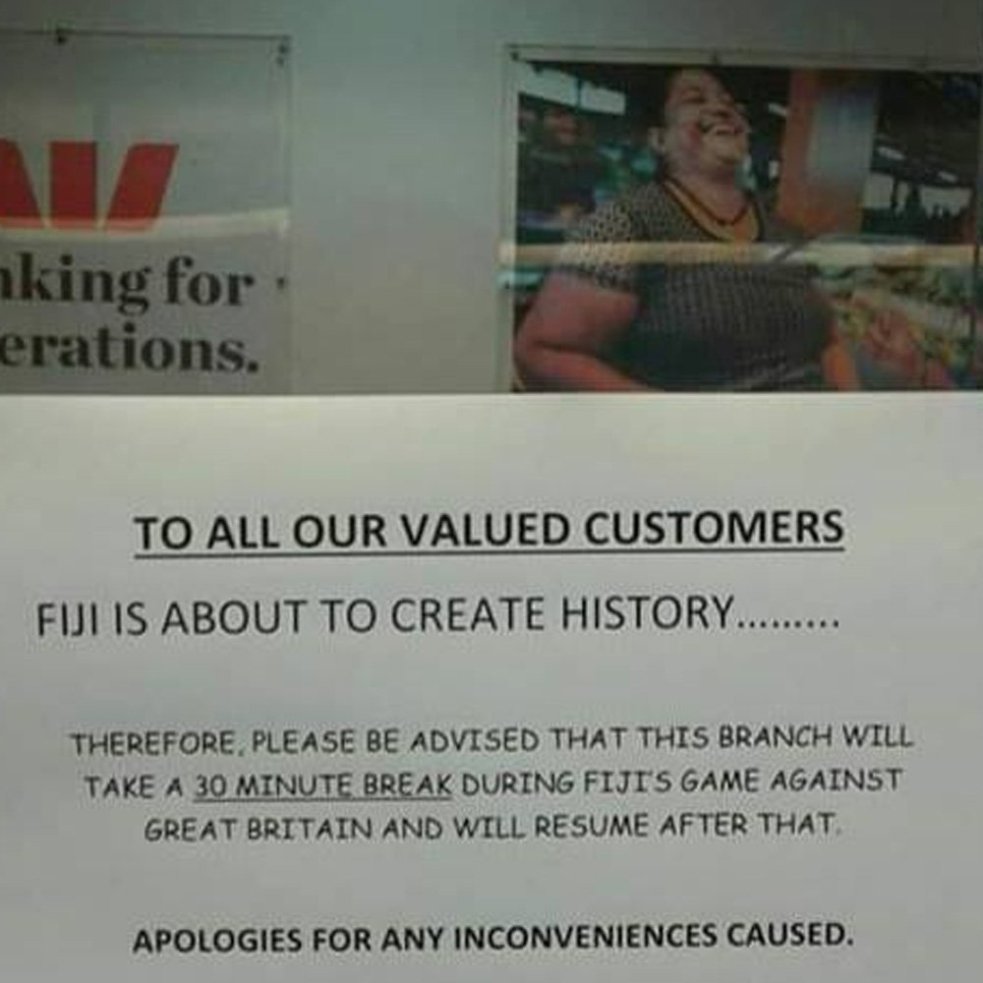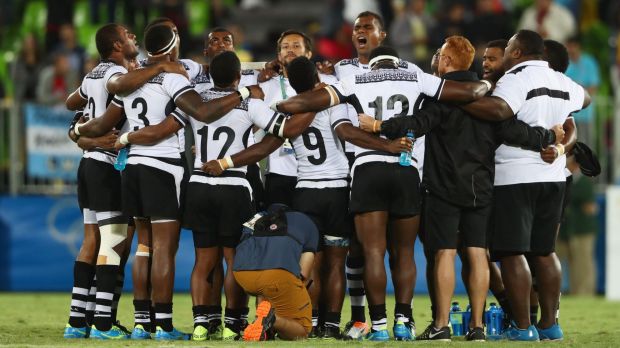In 1971 I was five years old and in Miss Pender’s Kindergarten class at Mount Pritchard Public School. I sat next to, and later got all silly about, Stephen Smith, who had freckles and no front teeth.
(Although he shares his name with the current captain of Australia’s cricket team, mine was a different Stephen Smith. I know – I Googled.)
Stephen’s family moved to Queensland that year. It was with clutching childish sadness that I invited him to my house after school one day, knowing that soon he would be gone. Amazingly his mother let him come.
In the living room we watched (black and white) TV and ate SAO biscuits, expertly squeezing vegemite and butter through the perfectly spaced holes. Then, without warning, my five-year-old self leaned over and tried to kiss him on the cheek. This horrified us both.
We quickly finished our snack and went to the backyard. Every day, play life for me and my younger brother often revolved, literally, around the clothesline and today was no different.
The Hills Hoist was planted in the middle of the grassed area like a modern art installation, as though an open lawn was nothing until it was interrupted.
In those dreamlike days most Australians would have struggled to understand the battle being played out in backyards right across the nation.

On one side were the mums, washing basket on their hip as though they were carrying a child, pleading with us, over and over. to, ‘Stop swinging on the clothesline.” Mysteriously, having likely done the same as children themselves, they had grown up in to the lie that the clothesline was meant only for drying clothes!
The battle lines were drawn. For us, the child army, the Hills was so much more – a domestic carousel, a poor-kids’ totem-tennis, a friendly babysitter, an exercise machine and the crank shaft of my imagination. (Later, with a tarpaulin tied over the top and colourful lights, it was the focus of speeches at 21st birthday parties).
Part of the fun was listening to the clothesline’s creaking and heaving as it wobbled on its axis. Nobody ever thought it would break, except Mum. I didn’t know the words, ‘galvanised iron’, but the dull grey metal looked like it would last forever.
That day, Stephen and I stood beneath its spidery arms, looking through lines that were empty of washing (except for the ubiquitous tea towel that hung there for about a decade). I showed him how the clothesline represented the whole world to me.
In those days, my dad, a buyer with a major retailer, travelled overseas several times a year, sometimes for weeks at a time. I visited Sydney’s International Airport more often in one year than most of my peers did in their whole childhood.
My dad loved writing to his little girl, who was blessed with a skill for reading and was literate even before starting school.
His letters and postcards were magical, addressed to me, with exotic stamps and foreign language postmarks, bearing pictures of castles and Disneyland and Mount Rushmore and snow-capped mountains and double-decker buses and white cliffs.
Missing him was like a postmark, stamped in the background of the exciting places he wrote from. In each letter he assured me that one day I would go there too. Back then, I just wanted to know that he would soon be home.
Dad’s travel was related to silver and glassware. When Stephen came over, my dad had recently visited a country with a thriving industry in lead crystal glass and I had recently learned how to pronounce it. Czechoslovakia. Now called the Czech Republic.

On the atlas of the clothesline, this country was there in the top left quadrant, near the tea towel and just to the east of East Germany.
Go on – say it out loud. Czechoslovakia.
Check – uh – sla- vah – kee- ya.
My pronunciation was a little different. Poor Stephen. The look on his face when I spun the clothesline around and shouted with all the enthusiasm I could muster: Check – us – LOVE – a – kee – ya!
Stephen’s family moved soon after. I hope he wasn’t too scarred by his time with me, learning the romance of world geography.
In 1993, Czechoslovakia split, to form two new countries: Slovakia and the Czech Republic. As of writing, I still have not visited either.
I did eventually find enduring love, and it did put me in a spin, but it didn’t happen under the old Hills Hoist.














